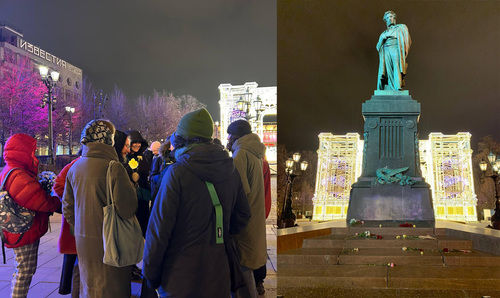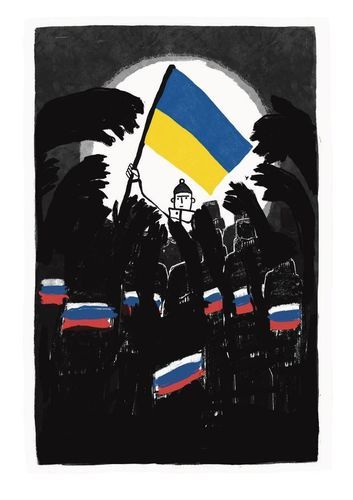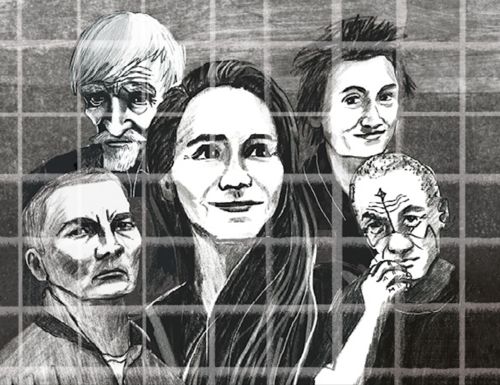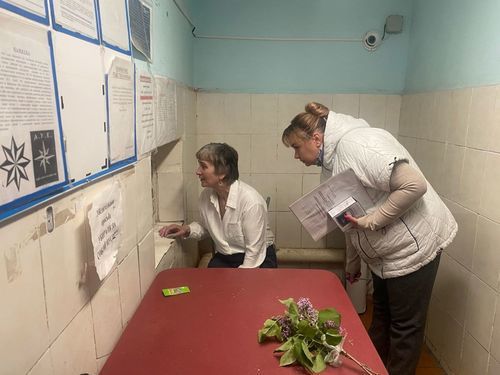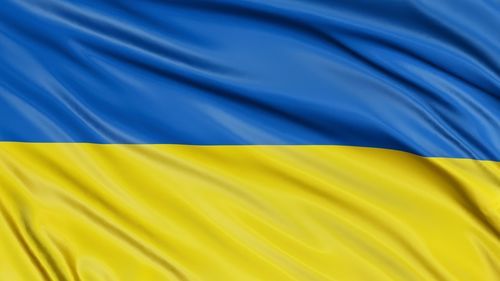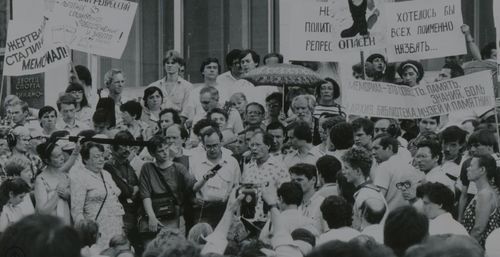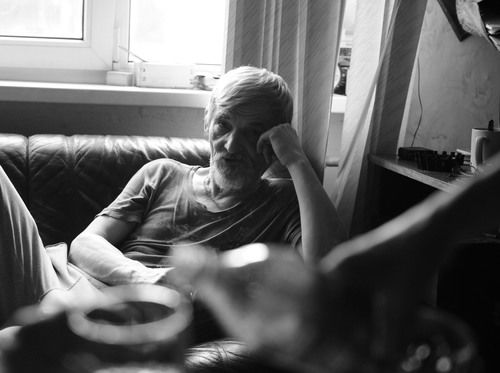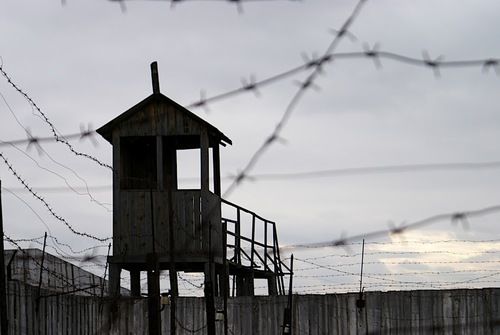In August, there were many disturbing news coming out of Russia about the deteriorating condition of a number of political prisoners and increasing political repression within the country.
The full text of the article is available only in Czech.
The first photo shows 64-year-old politician Alexei Gorinov, who is in prison under constant pressure. For over a month now, he has been held in solitary confinement almost without interruption.
The second photo shows theater director Yevgenia Berkovich (right) and playwright Svetlana Petrichuk. They were accused of justifying terrorism for staging a play and sentenced to nearly six years in prison. During a recent court hearing, Berkovich complained of severe depression, lack of medication, and an inability to sleep or eat normally.
Sixty-year-old journalist Igor Kuznetsov also complains of severe psychological distress and even suicidal thoughts.
Unfortunately, political prisoners sometimes die in prison. This was the case with musician Pavel Kushnir, who died as a result of a dry hunger strike at the end of July 2024. On the first anniversary of his death, flowers appeared in his memory in some Russian cities.
The Russian government also wants to control developments in the book industry. Publishers, including the largest ones, have recently faced accusations of promoting "LGBT extremism," and bookstores must comply with increasingly strict rules determining which books they are (not) allowed to sell. From September 1, they will no longer be allowed to sell books by people included by the Russian Ministry of Justice in the list of so-called “foreign agents.”
Previously, books by “foreign agents” had to be marked in any bookstore. The photo shows, for example, how books by the famous writer Dmitry Bykov were sold — wrapped in plastic and with a special sticker.
Another sad piece of news in August was the closure of the Revolt Center, which until recently had been one of the few remaining independent cultural centers in the city of Syktyvkar (Republic of Komi). However, in July, extensive searches were carried out there, and shortly afterwards, pro-government activists attacked it. They broke down the entrance door and wrote the word "Traitors" on the adjacent wall, along with the letter "Z" symbolizing support for the aggressive war against Ukraine.
In August, Russian authorities declared Revolt-center a foreign agent. To avoid exposing employees to unnecessary danger, management decided to close the organization. They posted this information on social media with the comment, "Welcome to hell."
Pro-government activists also tried hard to disrupt the event commemorating the victims of political repression, which took place, as it does every year, on August 5 in Sandarmokh. It was here, in the forests of Karelia, not far from the border with Finland, that more than 6,000 people were shot during Stalin's repressions.
This year, provocateurs made a special effort to insult diplomats from European countries, shouting loudly and scattering flowers brought by participants in the event. Fortunately, they did not physically attack anyone and left the cemetery after a few hours.
This photograph depicts 25-year-old artist Pavel Krishevich, a former political prisoner. He spent three and a half years in prison and was released in January 2025. The reason for his arrest was several performances in support of political prisoners.
On August 17, he staged a new performance in one of St. Petersburg's parks, dressing in a white uniform and waving red flags. A week after this peaceful event, which was meant to symbolize hope for the release of political prisoners, Pavel was detained near his home, accused of alleged resistance to police officers, and sent to prison—for now (?) only for 10 days.
However, amid all the bad news, there is still some good news to be found. For example, on August 5, a festival dedicated to the memory of victims of Soviet political repression took place in one of Moscow's theaters. Unlike what happened in Sandarmokh on the same day, this event was not disrupted by police or provocateurs. Participants watched several short films on the subject and then read out the names of victims of Stalinist repression.
Ljudmila Vasiljeva, an 84-year-old resident of St. Petersburg, is greatly admired for her active civic stance despite her advanced age. She was recently fined for her activities, but she continued to criticize the war against Ukraine in court. When asked by the judge whether she considered the invasion of Russian troops into Ukraine to be a mistake, Ms. Vasilyeva replied in the affirmative: "If one is unable to negotiate something through diplomatic channels, one should not interfere in politics."
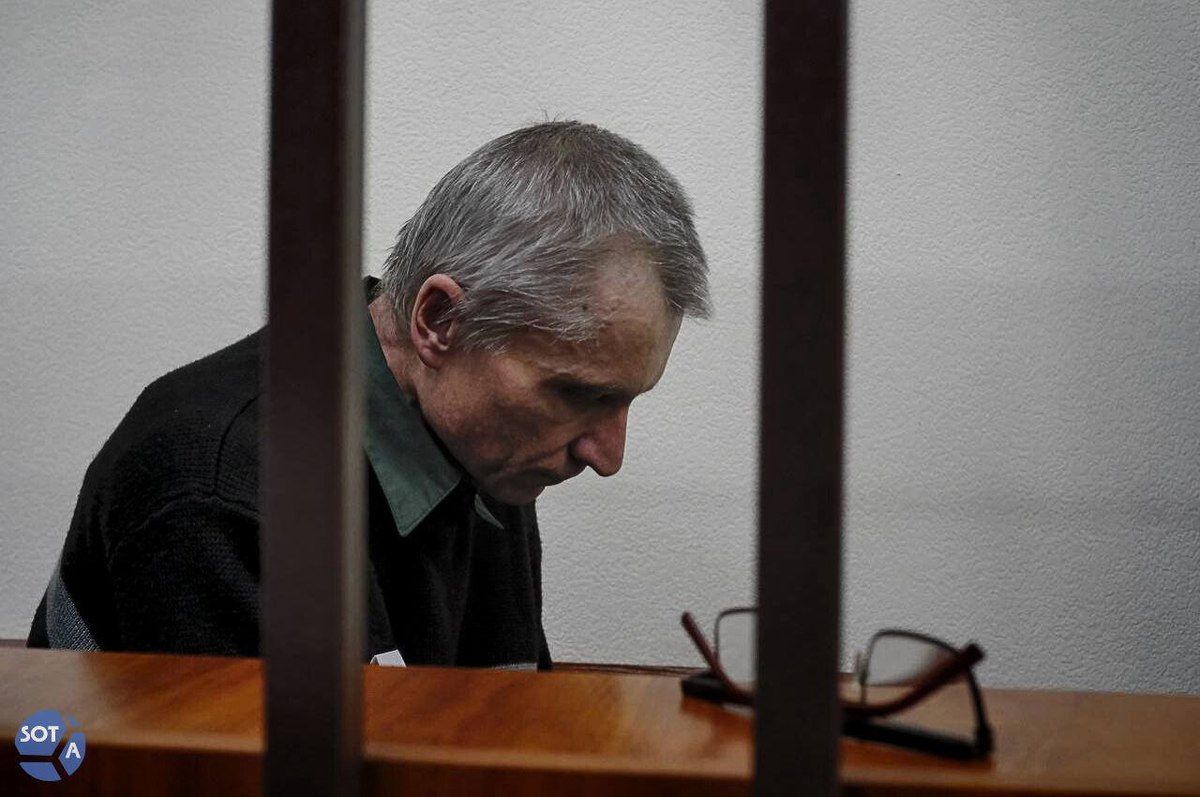
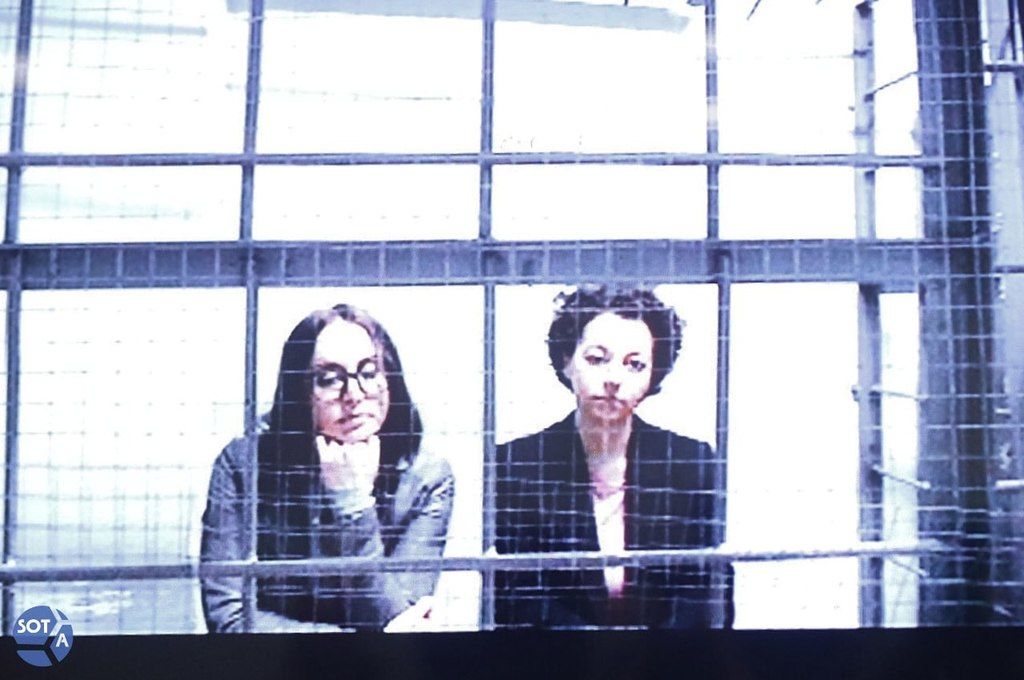
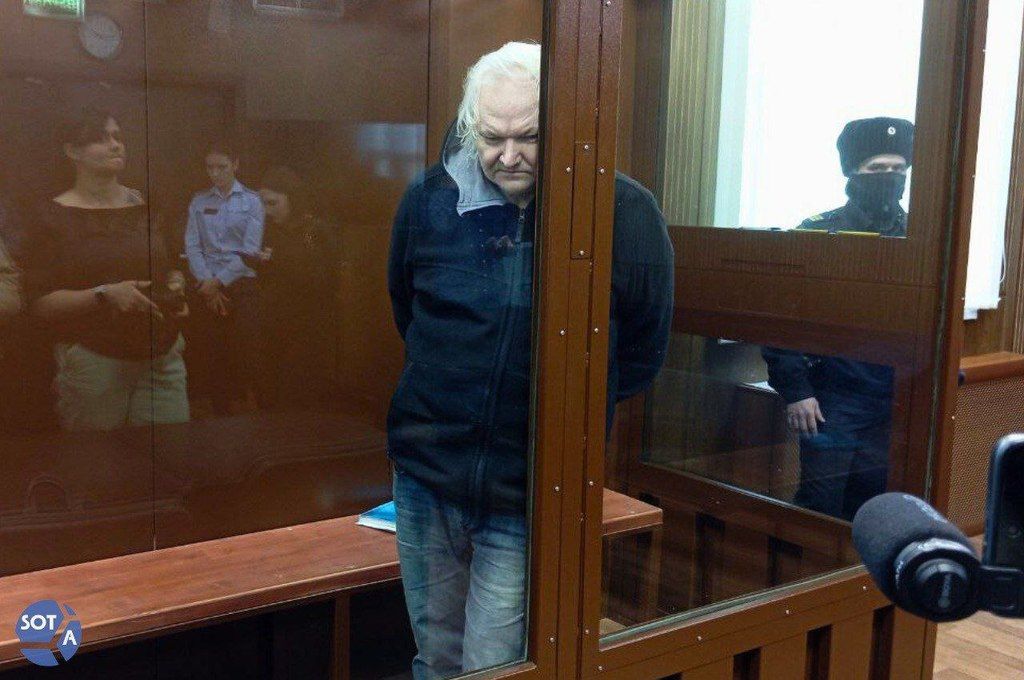
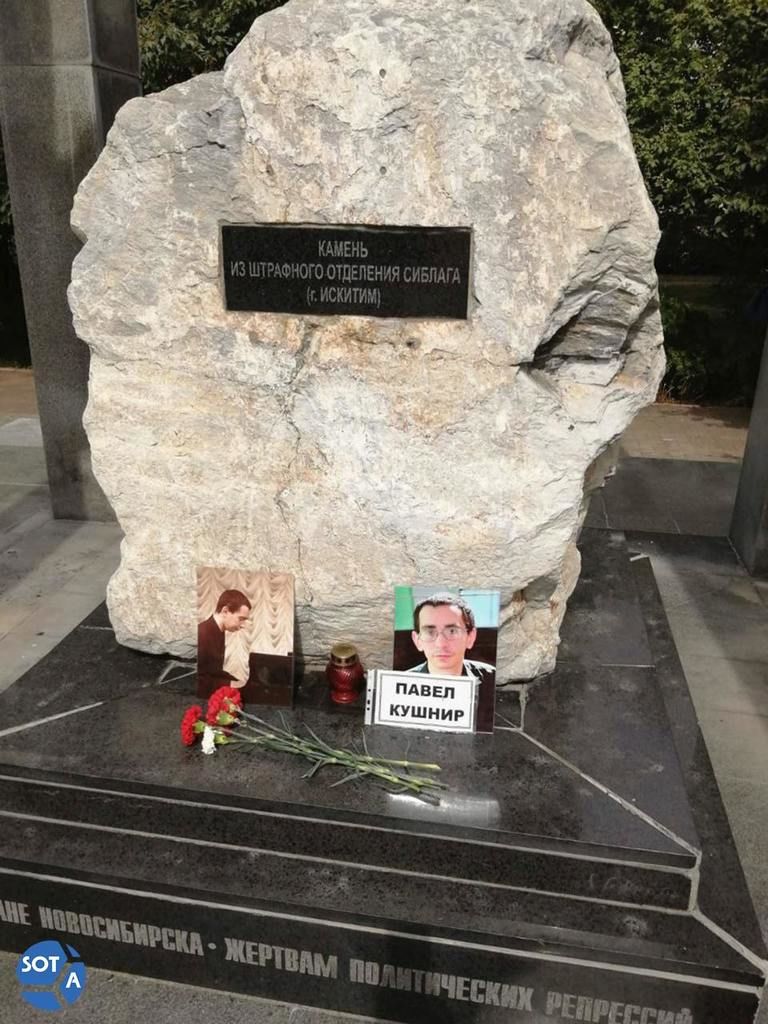
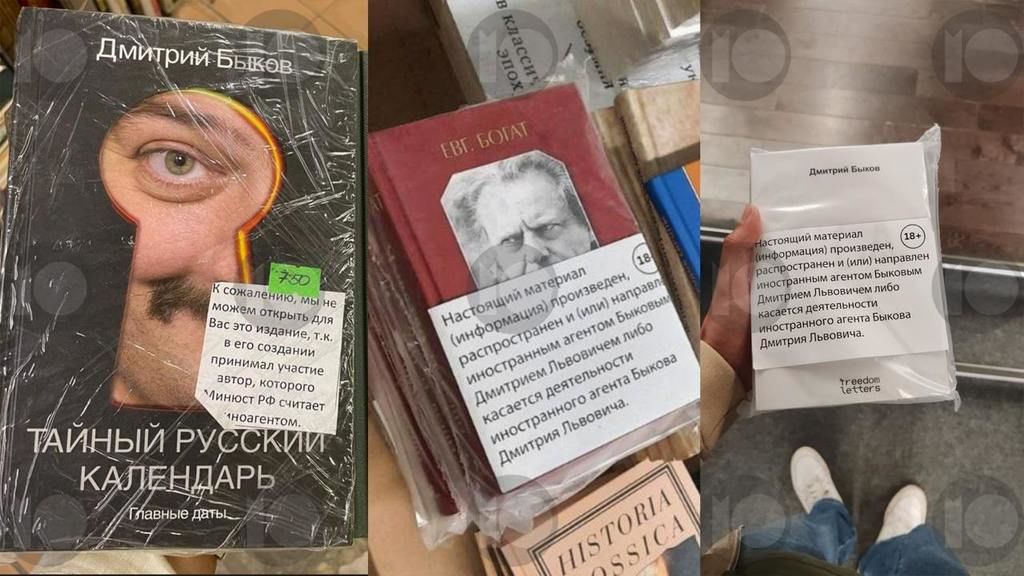
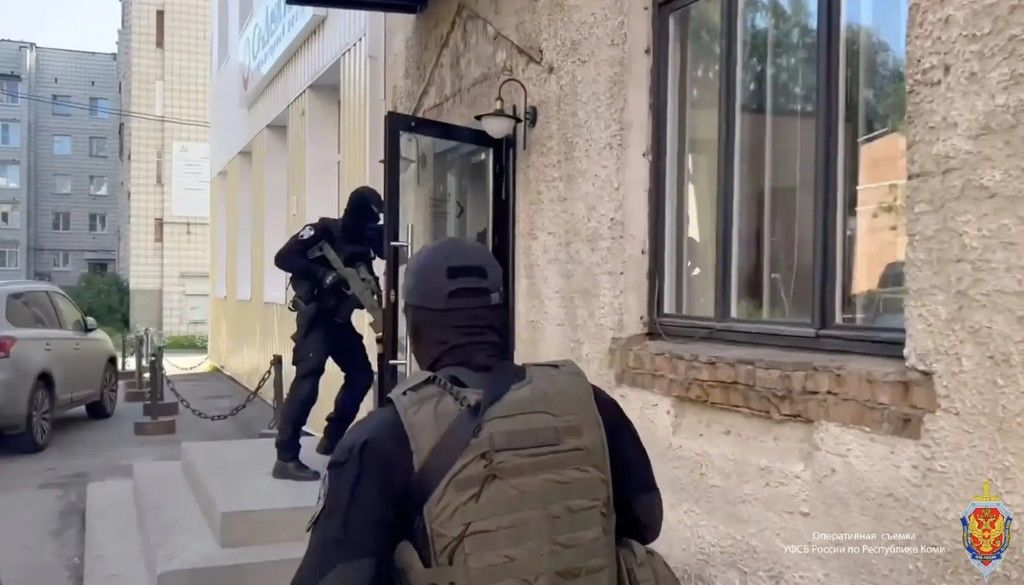
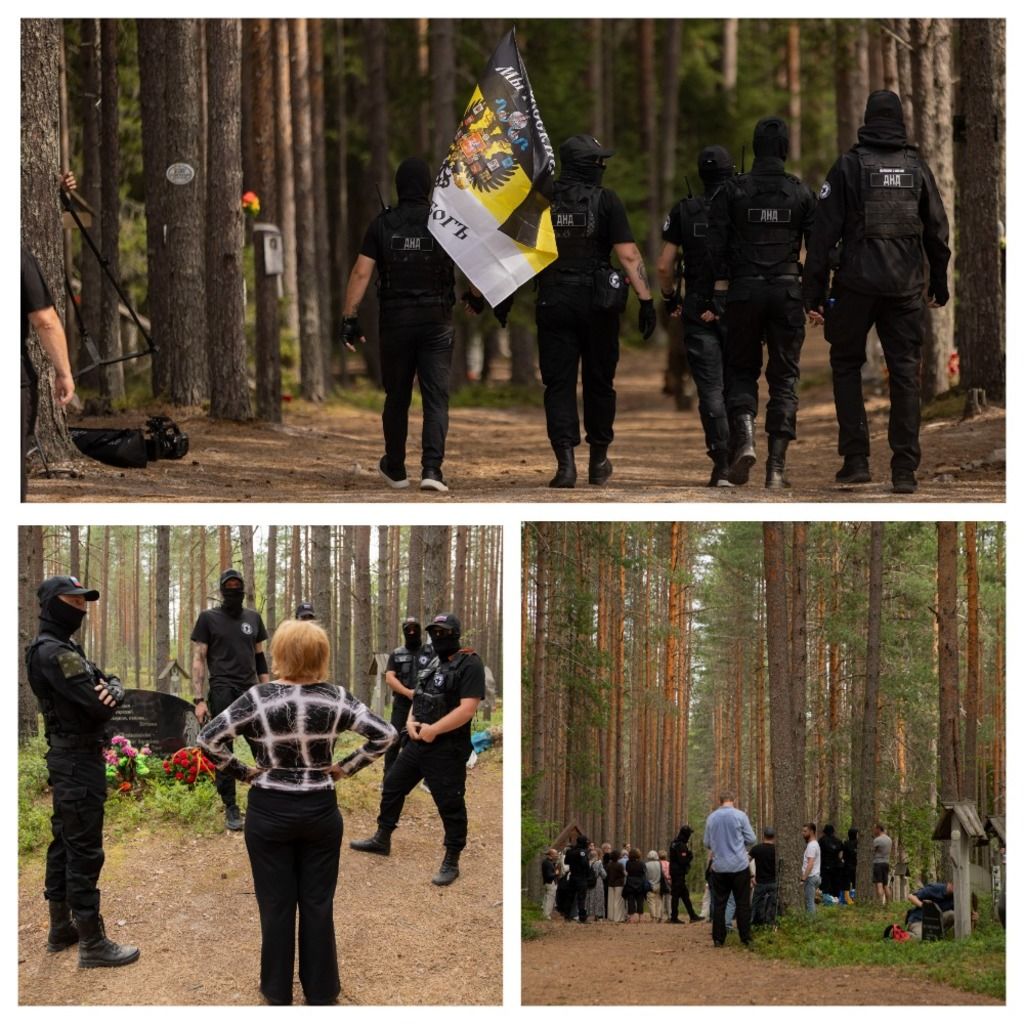
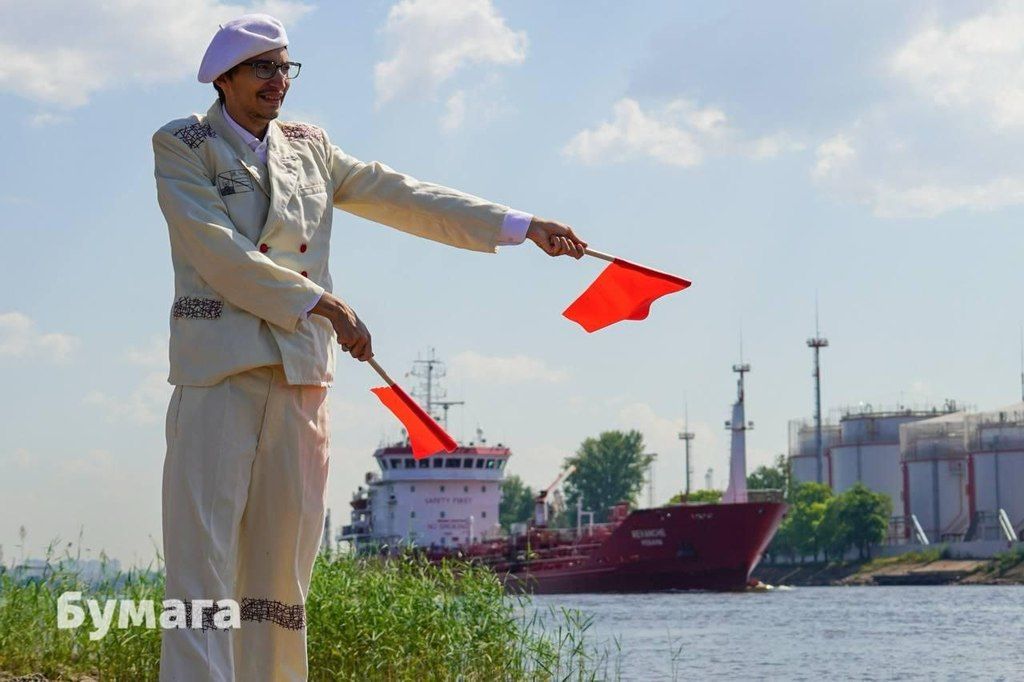
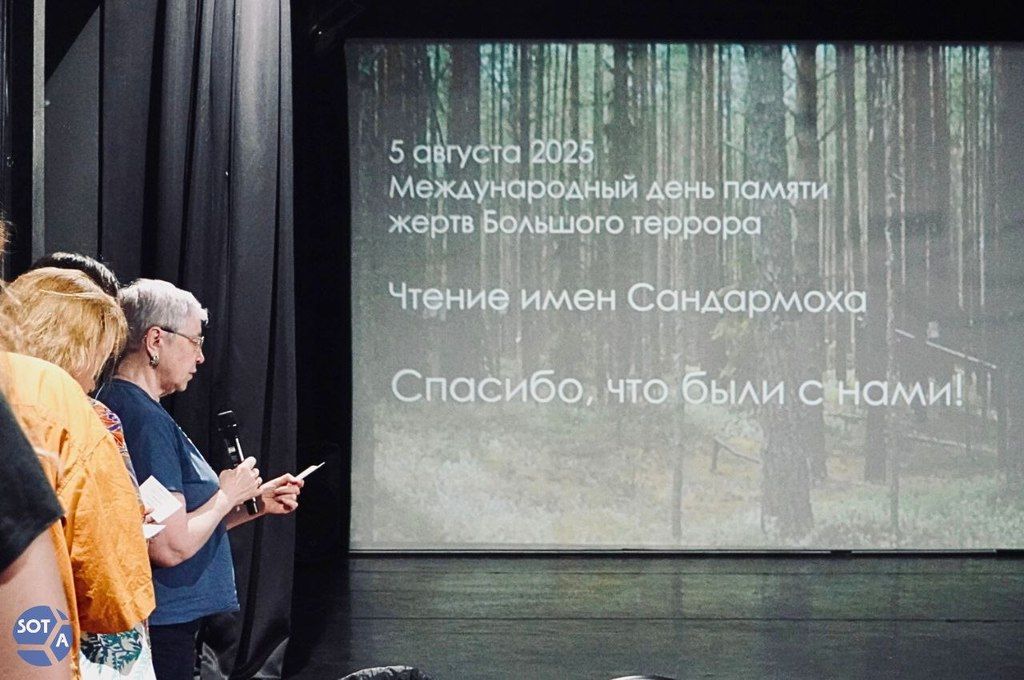
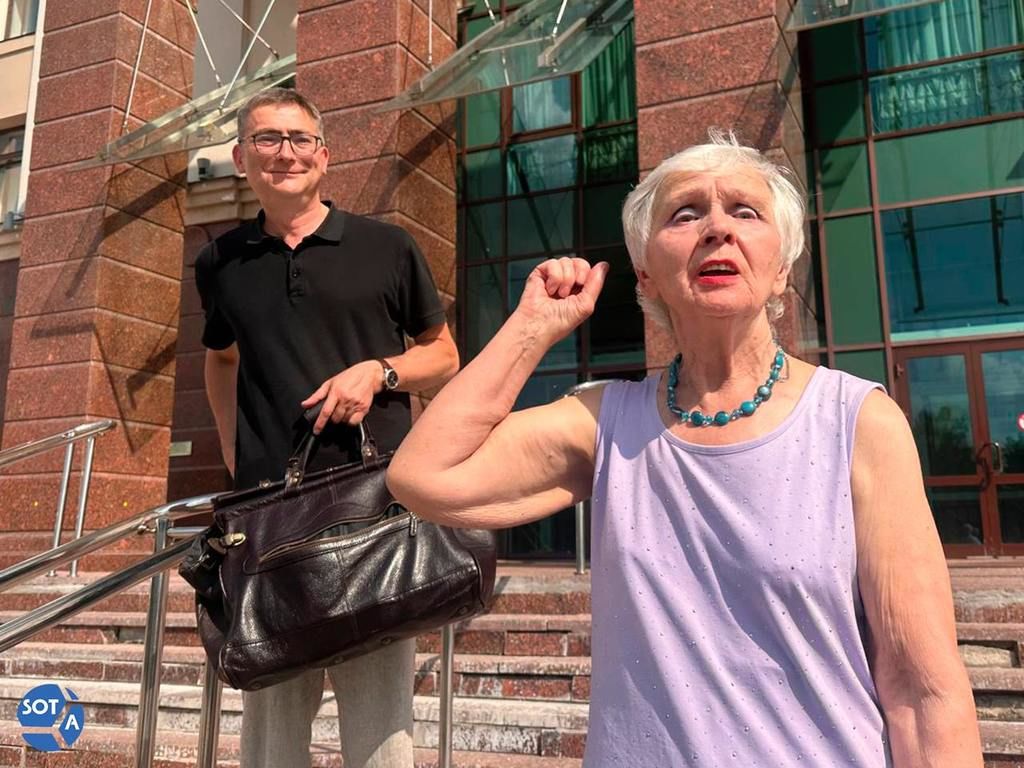
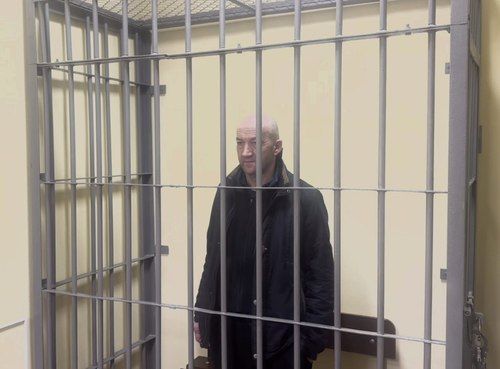

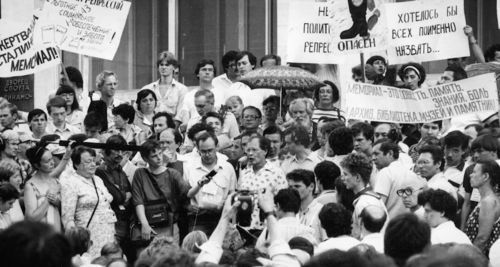

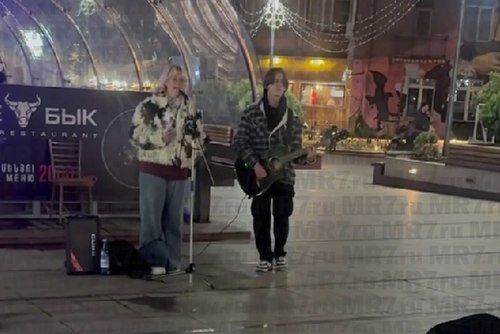
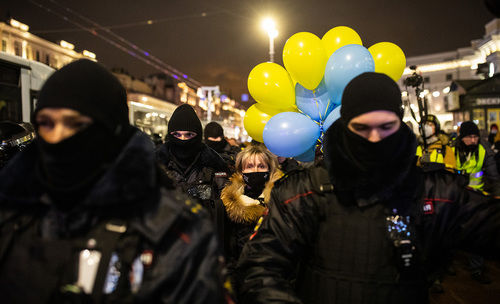
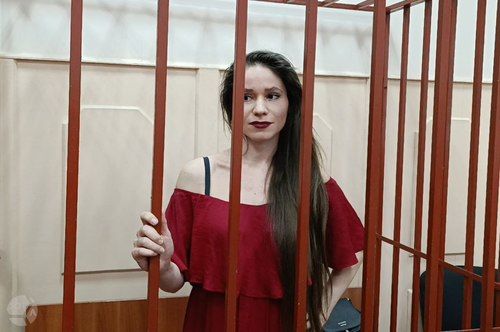
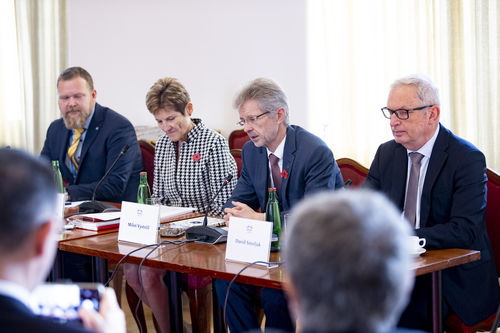
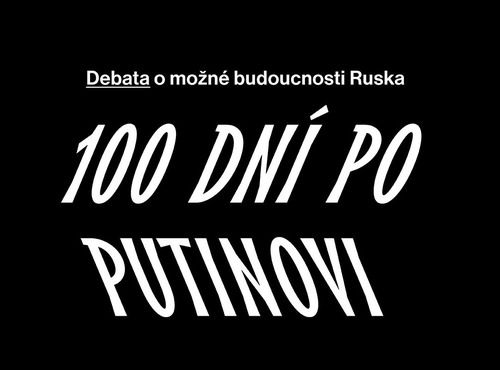
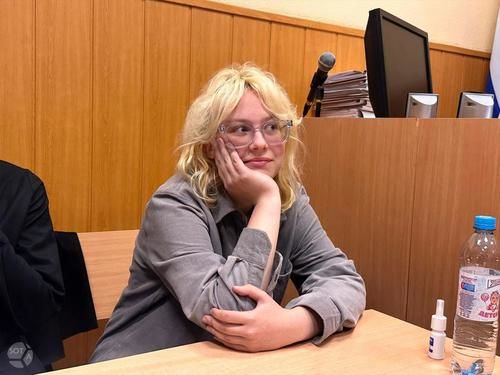
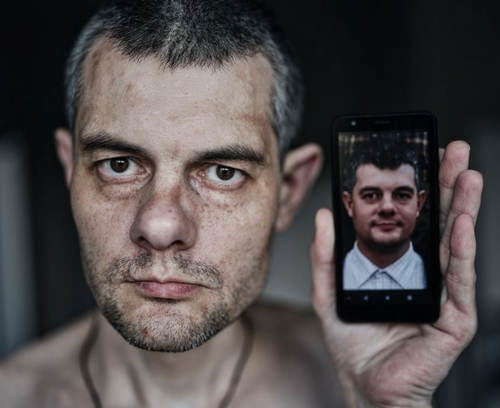
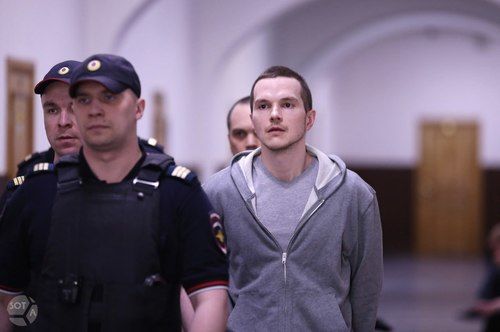
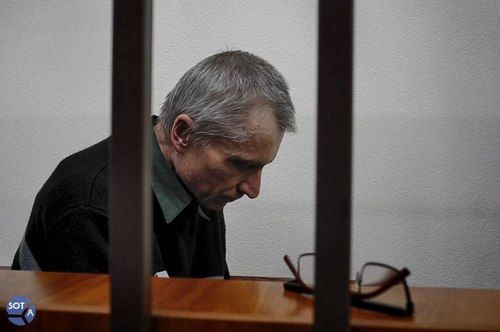
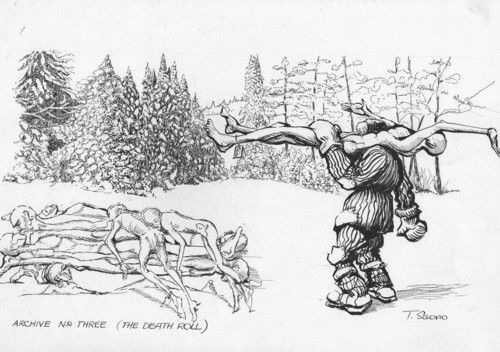
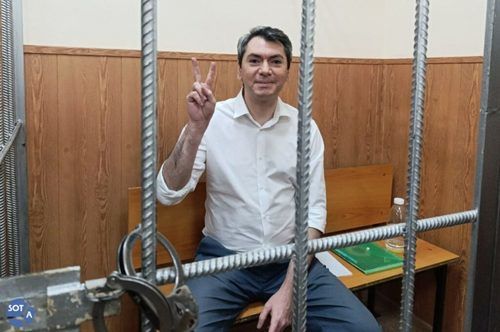
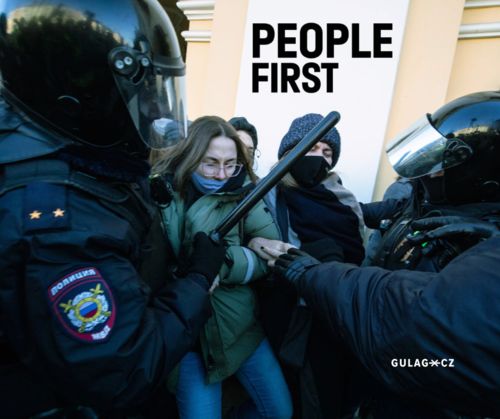
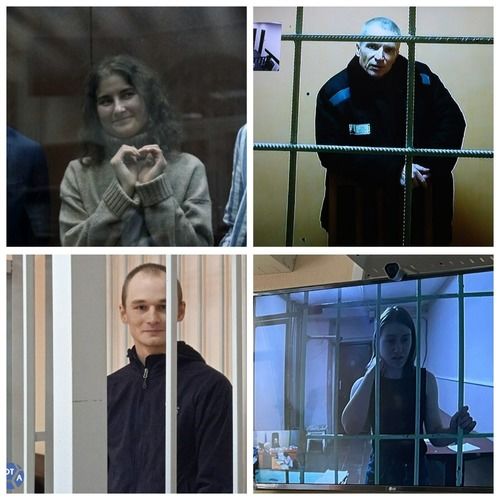
.jpg)
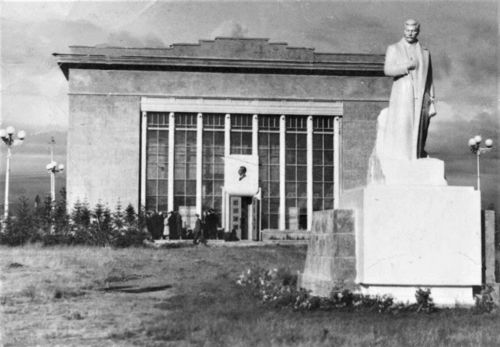

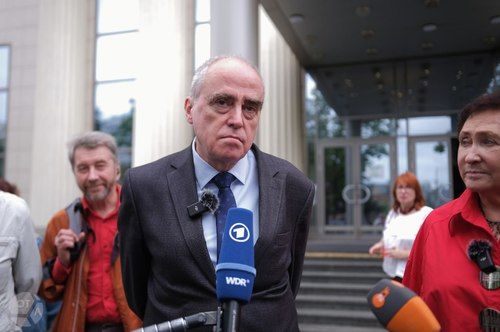
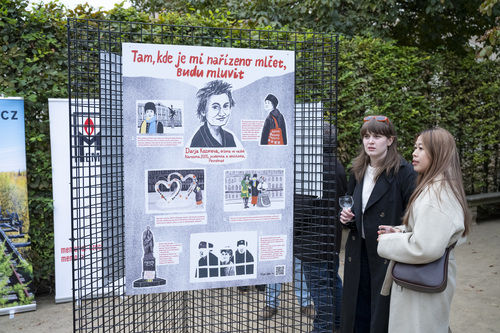
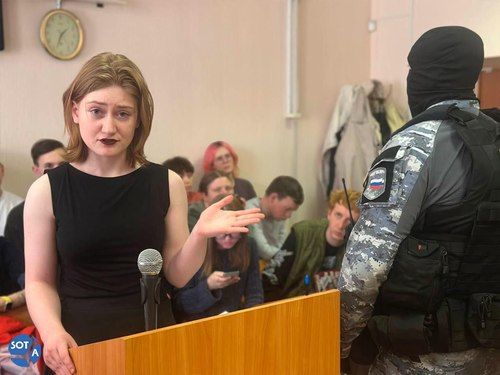

.jpg)
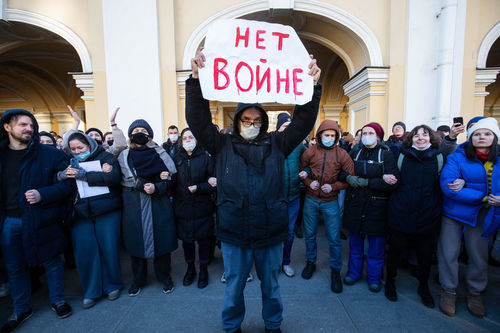
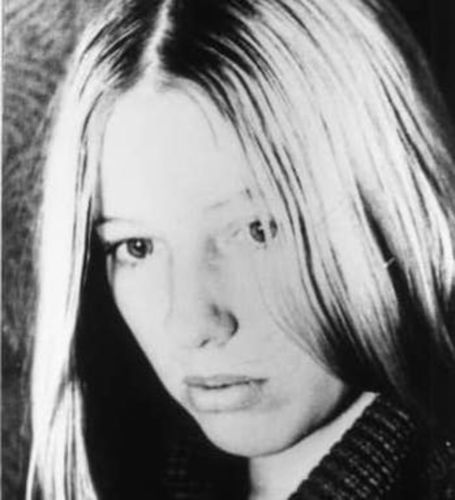

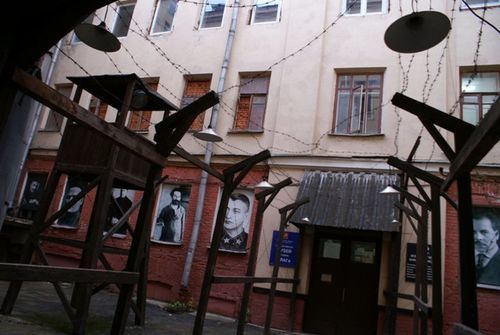
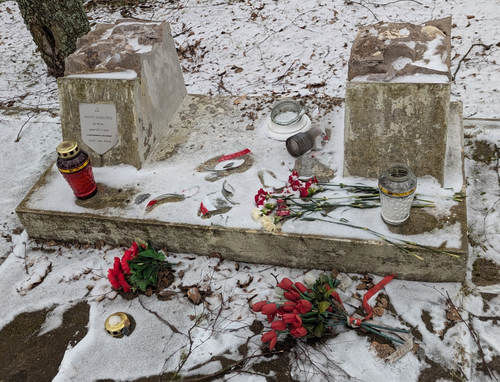



.jpg)
